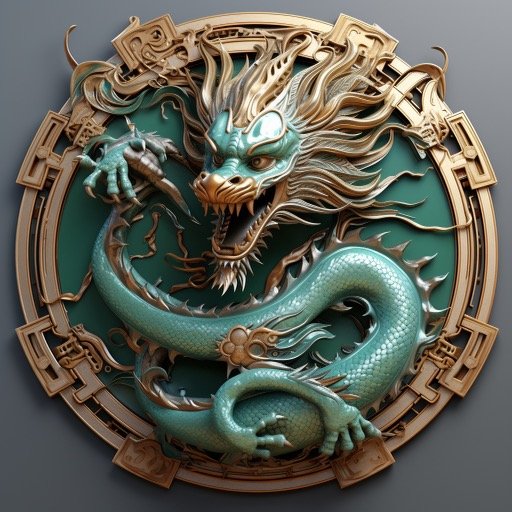

KHAN
Named in honor of the great Khan Emperor of the Mongol Empire, Genghis Khan, this sect's legacy is forged in the fires of conquest and the indomitable spirit of those who carved empires from the rugged landscapes of history.
Long ago, when the steppes boomed with the thundering hooves of horsemen and the world bore witness to the rise of one of history's greatest conquerors, the House of Khan emerged from the registers of time. Its members, drawn from the lineage of those who had united vast realms and forged a legacy that spanned continents, carried within them the spirit of warriors who saw the world as both a challenge and an opportunity.
The origins of the House of Khan are united into the very framework of nomadic tribes and warriors who saw the open horizon as both their home and their domain. From the vast expanses of the Mongolian steppes to the shores of distant lands, these Bloodborn embodied the fierce independence and unyielding determination that characterized the warriors of the Khan Empire.
As the House of Khan came into being, its members forged a brotherhood and sisterhood that transcended borders and cultures. Their unity lay in their shared connection to the legacy of Genghis Khan, a legacy of unity through strength, of ambition without bounds, and of the belief that the world was theirs to conquer.
Their devotion to the Khan's legacy was palpable, as they drew inspiration from his rise from humble beginnings to the heights of power. Their prayers ricocheted across the windswept steppes, carrying their hopes for success in battle and their aspirations to create a legacy that would flourish through time.
But beyond the conquests and battles, the members of the House of Khan understood the nuances of leadership and the art of empire-building. They recognized that strength lay not just in the force of arms, but in the wisdom to rule wisely, the compassion to unite diverse people, and the vision to navigate the complex tessellation of humanity.
In the heart of their battles, the House of Khan honored their legacy by embodying the values of courage, determination, and adaptability. Just as their ancestors had crossed deserts, scaled mountains, and overcome seemingly insurmountable odds, they faced each challenge with the same unflinching resolve.
And so, the House of Khan stood as a testament to the power of unity, the legacy of conquest, and the enduring spirit of warriors who understood that in their veins flowed the blood of emperors, and in their hands lay the power to shape the course of history.
